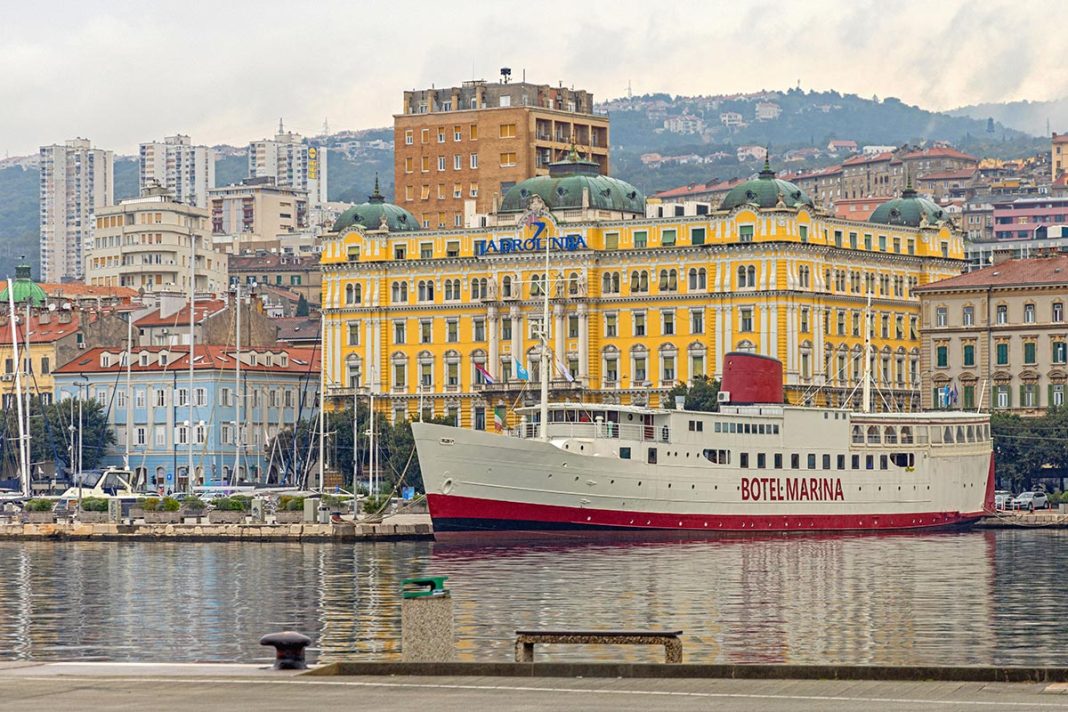The Port of Rijeka is rapidly transforming into a key logistics hub for Central and Southeast Europe, fuelled by sweeping infrastructure projects and its designation as a port of special economic interest.
Already Croatia’s largest cargo harbour, Rijeka now plays a critical role in drawing investment, boosting trade and creating jobs, while anchoring itself in the EU’s TEN-T transport network and serving landlocked neighbours.
According to a recent study, the port could generate up to €3.3bn in economic activity by 2040—five times today’s figure.
Much of this growth hinges on the new Rijeka Gateway terminal, now in its final testing stage.
Port Authority director Denis Vukorepa told national TV that the facility will soon welcome its first commercial ship, with capacity set to double and 210 vessels expected annually by 2026.
Central to Rijeka’s reinvention is a leap into near-total automation, inspired by Rotterdam.
Operations will be run from a single control room, signalling what Vukorepa calls “a step into the future” for Croatia’s place in global logistics.







